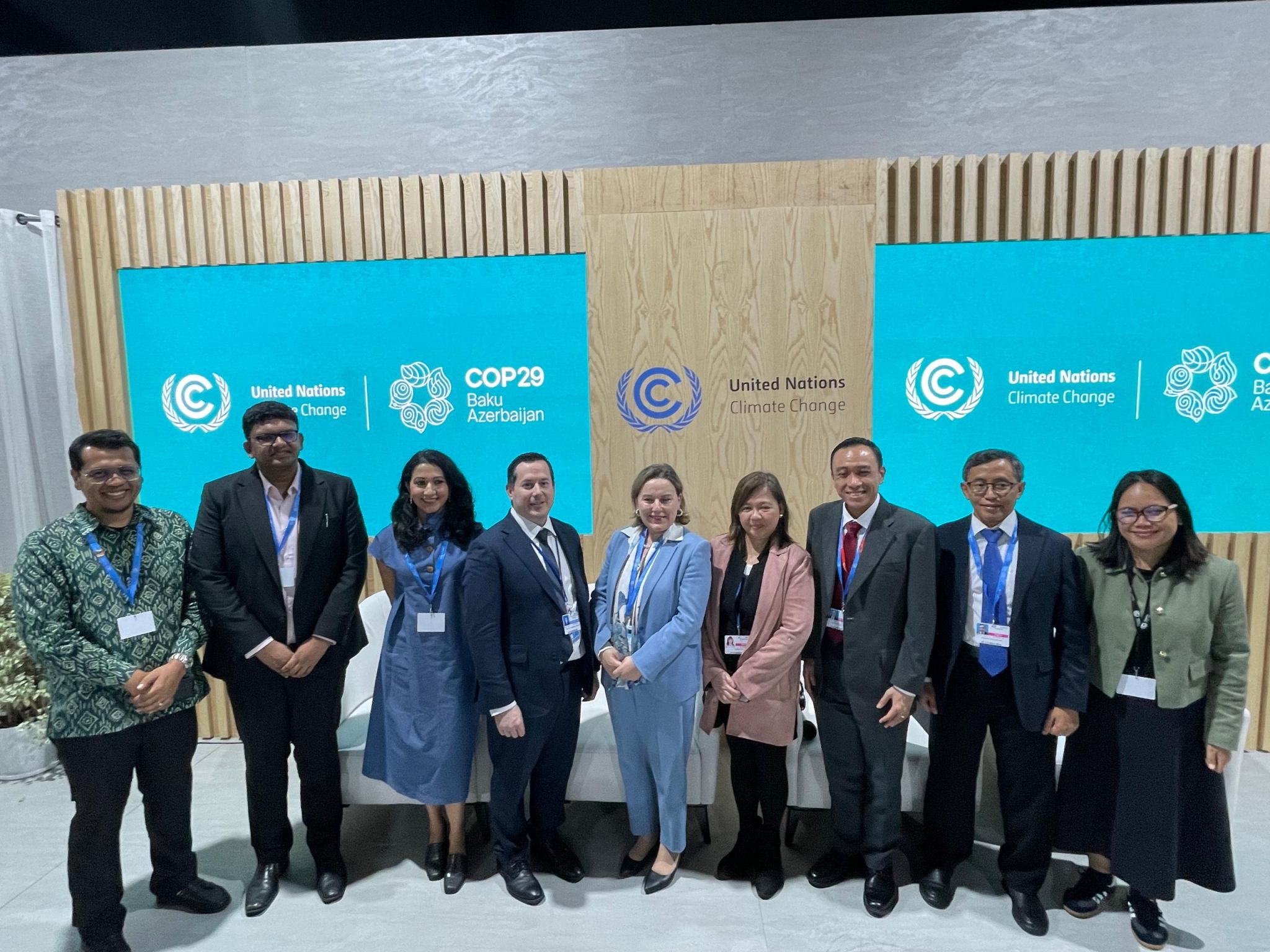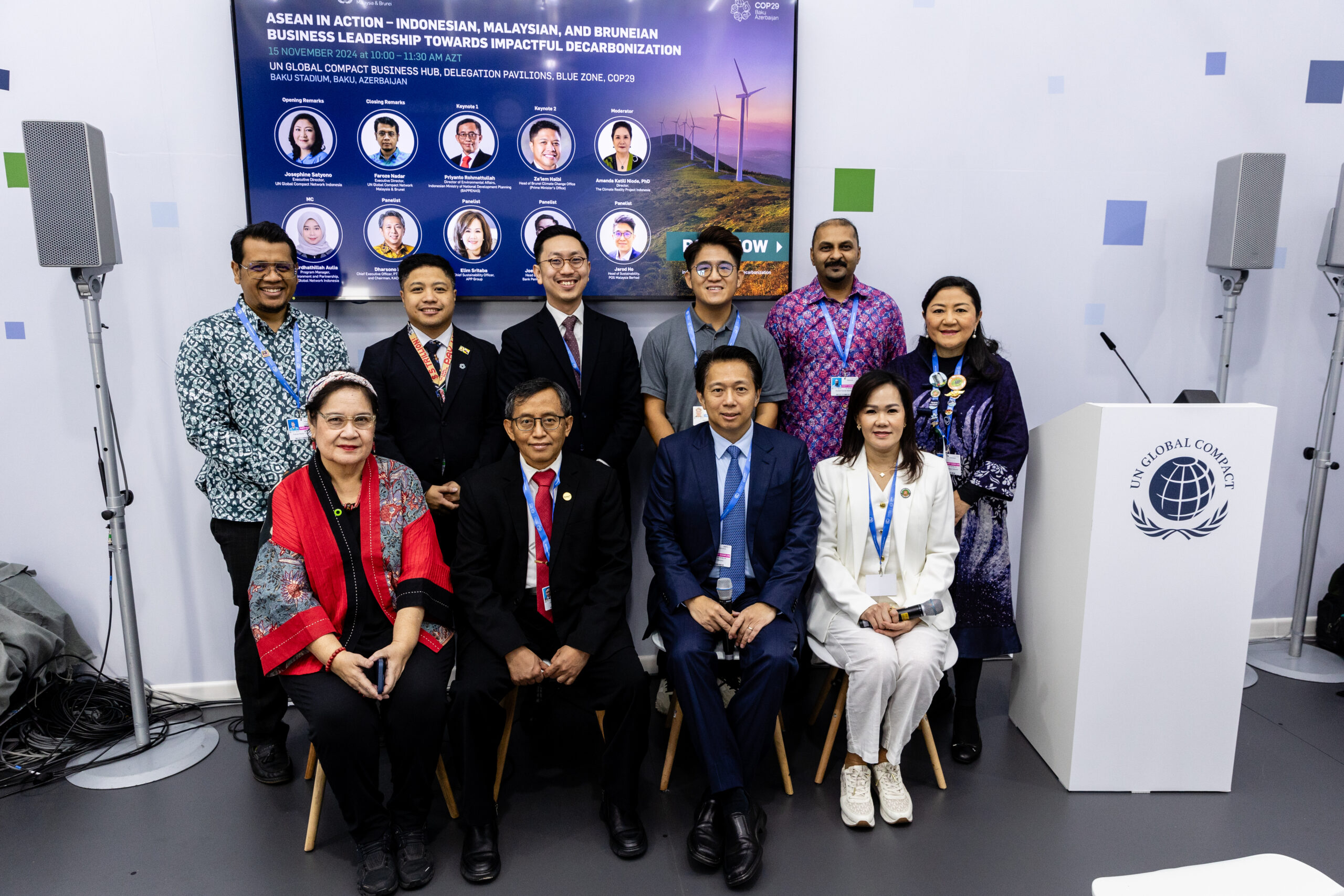UN Global Compact Network Indonesia (IGCN) held the IGCN CEO Breakfast Forum, as a part of a series leading up to the Responsible Business Forum 2024, gathered 40 C-Suite leaders from diverse sectors, including academia and business associations. This event also commemorated the International Anti-Corruption Day, amplifying the call for integrity in business practices.
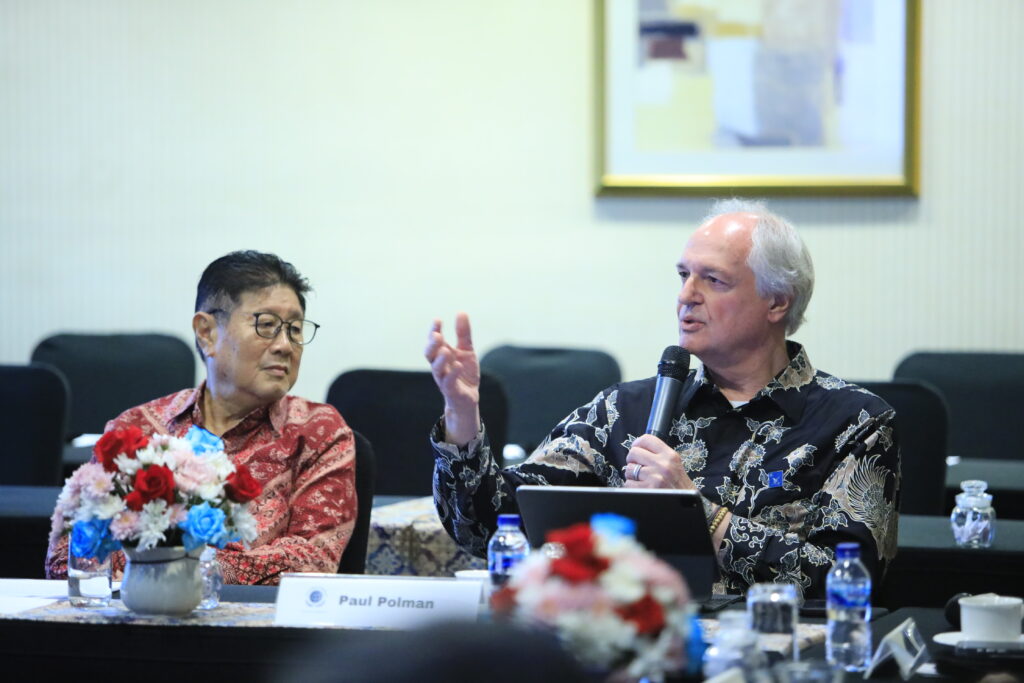
Paul Polman, Business Leader, Campaigner, Co-Author of Net Positive, and Former Vice Chair of UN Global Compact, as keynote speaker delivered a powerful message on the urgent need for businesses to prioritize accountability, ethics, inclusion, and transparency as essential drivers of responsible business conduct. He stressed the important role these principles play in enhancing ESG performance and strengthening public institutions, laws, and systems.
Paul Polman later emphasized that addressing corruption is essential for achieving SDG 16 (Peace, Justice, and Strong Institutions) and SDG 17 (Partnerships for the Goals), as corruption affects economic, political, and business environments. His suggestions for impactful action included:
- A National Call to Action to combat corruption.
- Value Chain Engagement, such as providing incentives, training, and transparency in reporting.
- Collective Action involving private sectors, governments, and civil society organizations.
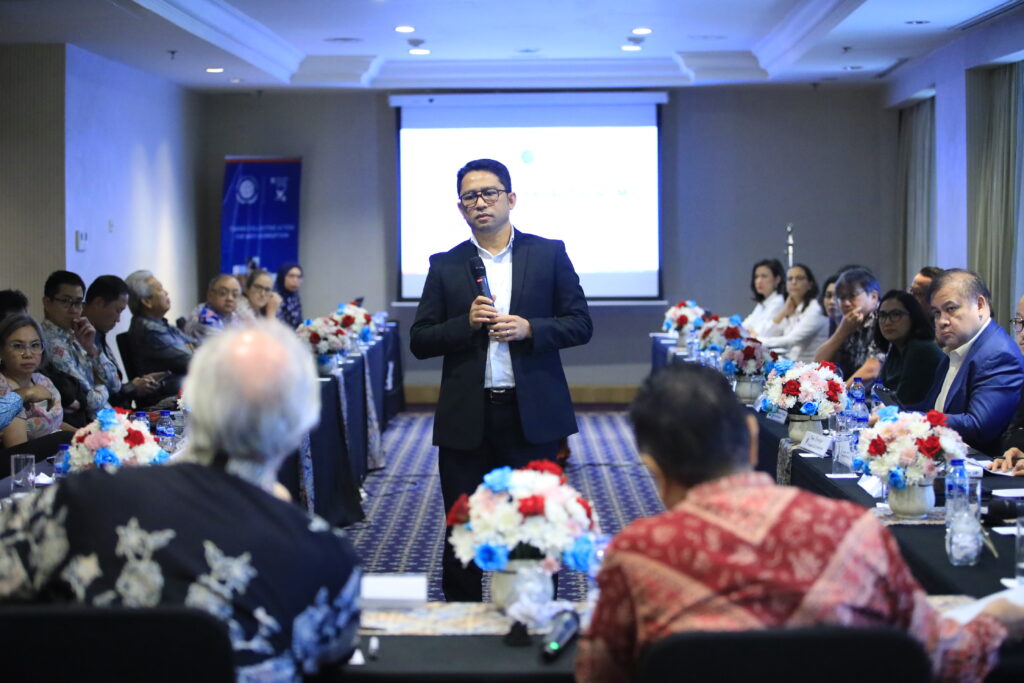
During the open discussion, participants acknowledged the challenges of embedding sustainability and anti-corruption practices, particularly for medium and small enterprises. Commitment to sustainability criteria was identified as essential, though internal challenges and fears of making bold commitments remain significant obstacles. Legal uncertainty, overlapping regulations, and weak coordination among ministries were also highlighted as barriers that need urgent resolution.
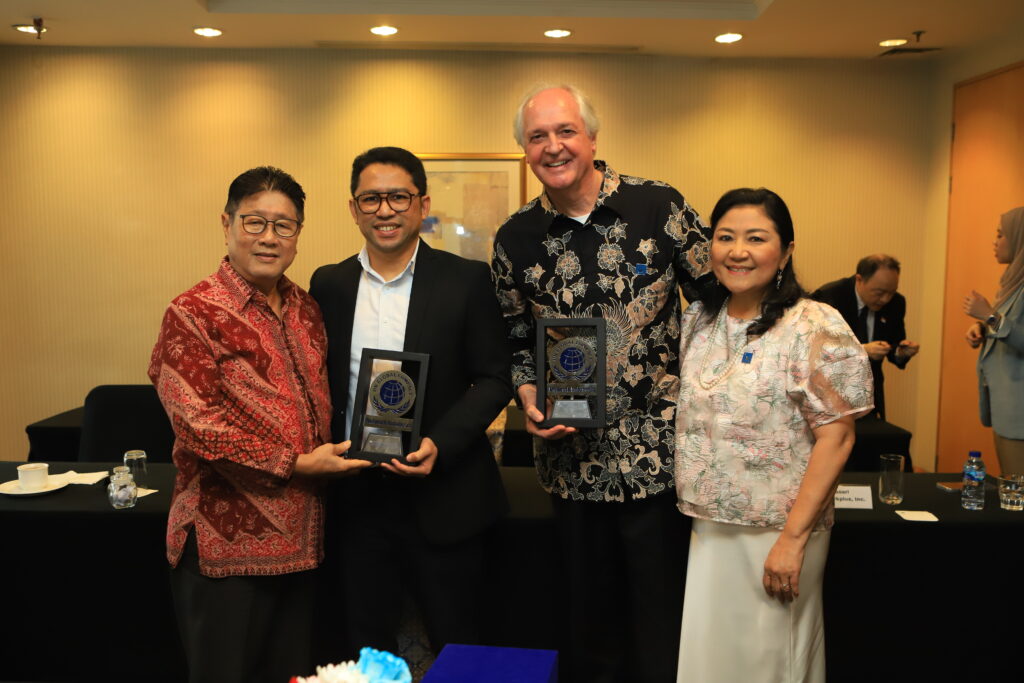
Participants discussed the deep-rooted nature of corruption, often seen as a cost of doing business, and the need for radical reforms and improved digitalization to foster transparency. Two complementary approaches were highlighted as effective tools for tackling corruption. Cristina Ritter, Head of Anti Corruption and Governance of the UN Global Compact, during her presentation on the “Resource Guide on State Measures for Strengthening Business Integrity”, introduced the importance of a balanced carrot-and-stick approach. Developed from the outcomes of CoSP10, the guide outlines strategies for governments to incentivize ethical behavior while enforcing sanctions for misconduct, thereby fostering a robust framework for integrity. Complementing this, a commercial approach to anti-corruption was discussed as a promising strategy. This method stresses that avoiding corruption not only reduces risks but also enhances long-term profitability, particularly benefiting medium-sized companies and providing an ideal entry point for the broader adoption of ethical practices.
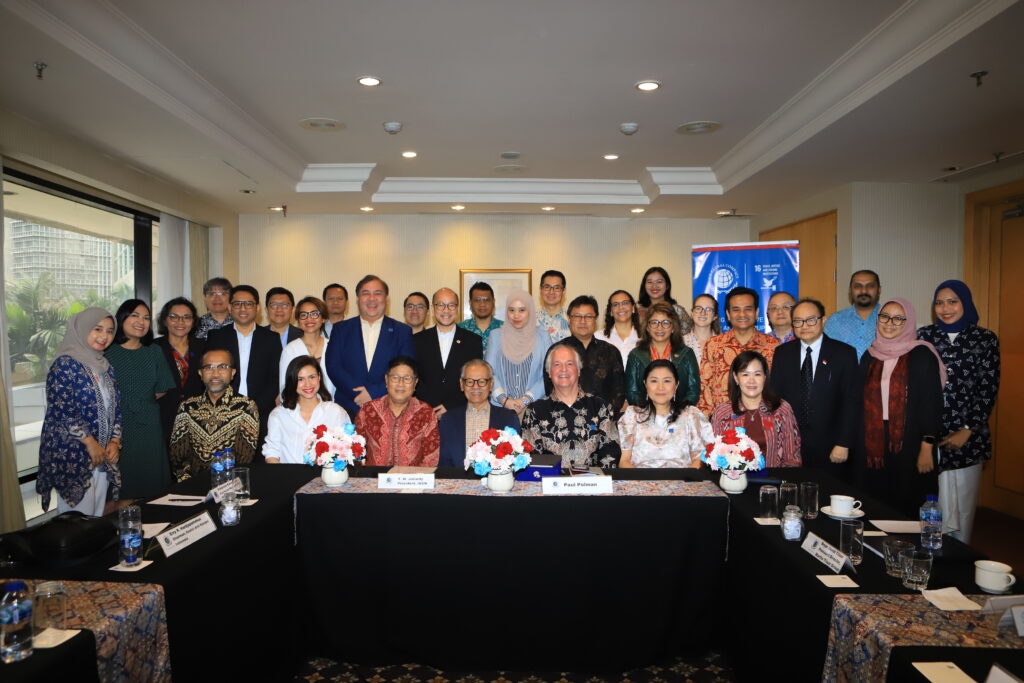
The event concluded with an emphasis on practical, collaborative actions, starting with individual companies setting their houses in order and progressing toward broader partnerships and systemic change. Through collective responsibility and sustained efforts, participants envisioned a path toward a more ethical, inclusive, and transparent business environment in Indonesia.


